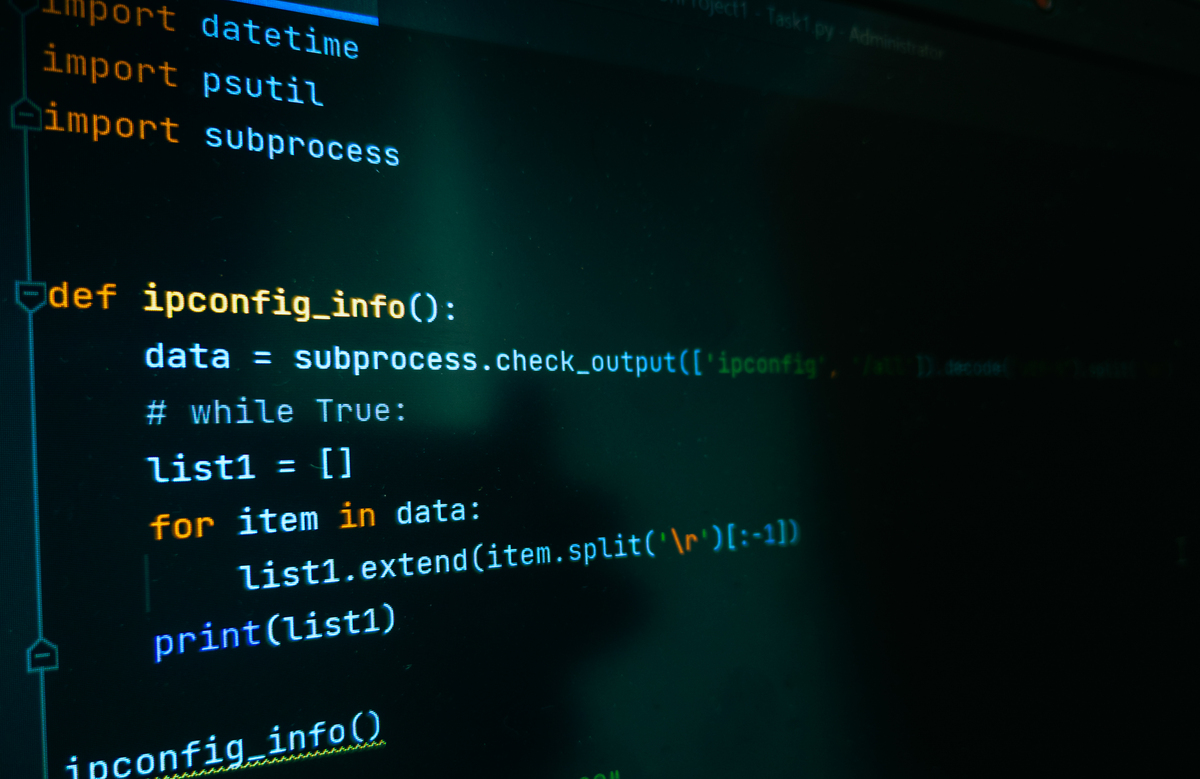python response json
JSON (JavaScript Object Notation) is a lightweight data format used to exchange data between a client and a server. In Python, you can use the built-in json module to work with JSON data.
Here's an example of how to create a JSON response in Python:
import json
from flask import Flask, jsonify
app = Flask(__name__)
@app.route('/example')
def example():
# Create a Python dictionary
data = {'name': 'John', 'age': 30, 'city': 'New York'}
# Convert the dictionary to JSON
json_data = json.dumps(data)
# Return the JSON response
return jsonify(json_data)
if __name__ == '__main__':
app.run()
In this example, we're using the Flask web framework to create a simple endpoint that returns a JSON response. We're creating a Python dictionary, converting it to JSON using json.dumps(), and returning the JSON data using Flask's jsonify() method.
Note that when using jsonify(), you don't need to manually set the Content-Type header to application/json - Flask takes care of that for you.

原文地址: https://www.cveoy.top/t/topic/Id7 著作权归作者所有。请勿转载和采集!